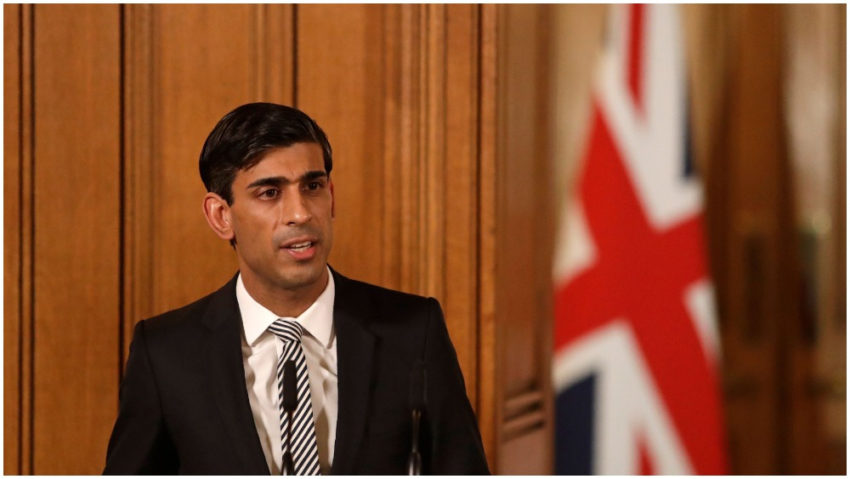A new coronavirus bailout scheme is being drawn up by ministers to channel bigger loans to companies teetering on the brink of collapse.
It is understood that the Treasury is circulating a document among City institutions to canvas ideas for a mechanism that would pool individual loans into securitisation vehicles which would be partly backed by the government or sold to the Bank of England.
Sources said this weekend that the programme was being devised with the objective of supporting companies in sectors including – but not restricted to – hospitality, retail and aviation.
It would only be available to privately held companies “which make a material contribution to the UK economy”, the Treasury document states.
One source estimated that if it went ahead, it would potentially add tens of billions of pounds to the government’s coronavirus rescue bill.
They added that the scheme would be aimed at businesses which are excluded from the Covid Corporate Financing Facility (CCFF), which buys commercial paper from investment-grade companies, and those which require larger loans than the maximum £50m available under the Coronavirus Large Business Interruption Loan Scheme (CLBILS).
According to the document, individual loans of up to £200m could be made, although one insider described that figure as “conceptual”.
If it gets the green light from Rishi Sunak, the chancellor, banks and other institutions which participate in the scheme could pool their loans to eligible companies into special purpose vehicles, with the lender retaining part of the junior tranche of the debt.
Lenders would be required to demonstrate that the senior debt tranches would have been considered equivalent in quality to investment-grade debt prior to the coronavirus outbreak, potentially enabling them to be financed through the CCFF.
Alternatively, “loans could be originated by participating lenders and the risk transferred to a single pool,” the document said.
A third option could involve the government providing a guarantee to the senior tranche of debt.
“The government would expect, at a minimum, loans to be available to firms with a turnover above £500m that are not eligible for the CCFF,” the document said.
“We would be interested in feedback on whether it is necessary to lower the turnover threshold (eg to £250m) to achieve sufficient diversification in the pool and manage concentration risk.”
The Treasury has also asked City institutions to offer views about how new government-backed loans would fit within borrowers’ existing capital structures, and how large the “first loss” exposure should be.
They also asked for feedback about how restrictions on additional lending to companies under any new scheme might be overcome.
The collateralised loan obligations (CLOs) created under the programme would represent a further attempt to prop up parts of Britain’s economy which have been left on their knees by the pandemic.
Sources close to the process cautioned this weekend that the new securitisation initiative might not ultimately be launched, owing to the removal of the turnover threshold under the CLBILS scheme.
“It’s [the CLO structure] being looked at, but it’s not the top priority at the moment,” one insider said.
The scope of the rescue packages assembled by Treasury ministers in the month since Britain was placed into lockdown has encompassed tens of billions of pounds in wage subsidies and government-backed corporate loans, as well as additional support for millions of self-employed people.
However, the government has faced criticism over the pace at which loans are reaching distressed companies.
It has also been announced that Richard Sharp, the chancellor’s former boss at Goldman Sachs, had been drafted in to advise on the spectrum of support schemes.
Mr Sunak is this weekend putting the finishing touches to a £1bn rescue package for start-ups, which is expected to be announced on Monday.
The Financial Times reported that this would utilise a match-funding mechanism to secure funding from both taxpayers and existing venture capital backers.
Treasury officials are also considering whether to expand a state guarantee under parts of the smaller Coronavirus Business Interruption Loan Scheme to 100% of the borrowings, enabling banks to process loans more quickly.
A Treasury spokesman declined to comment.


